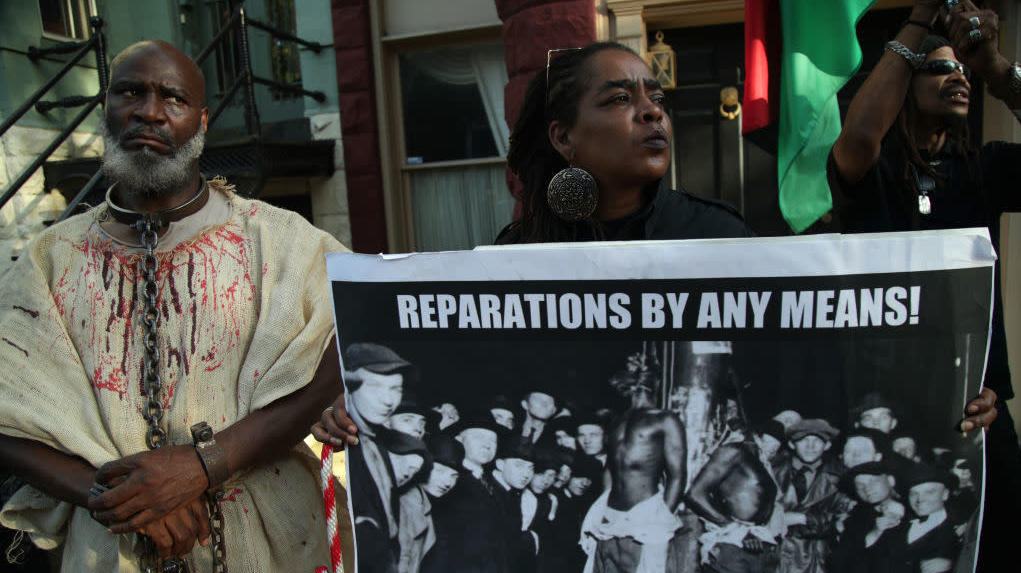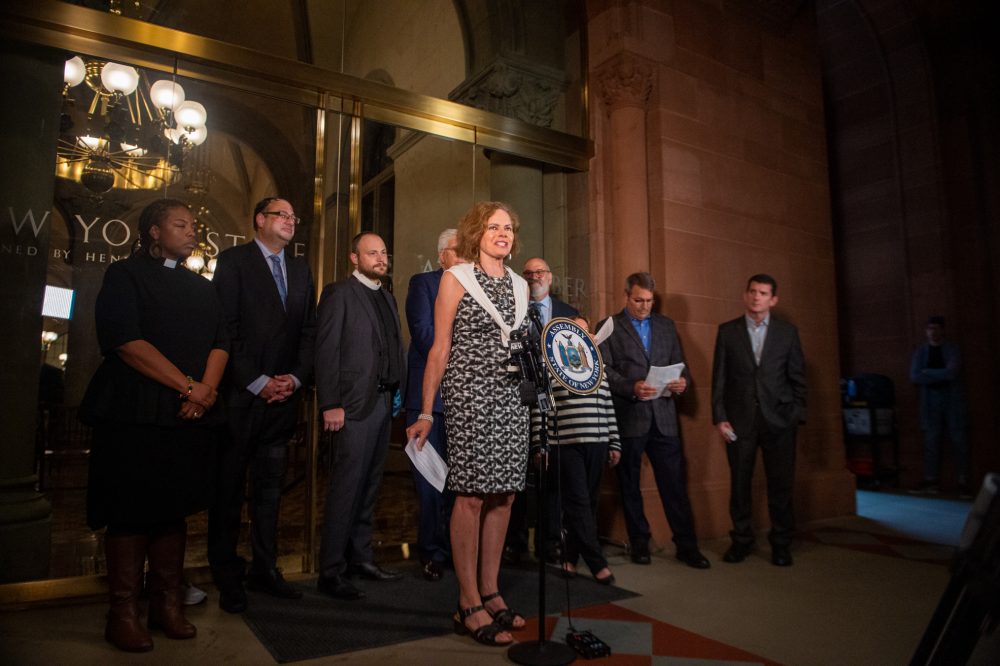
SID GUPTA- OCTOBER 21ST, 2022
EDITOR: THOMAS GUZMAN
January 21, 2020 marked a decade since the Supreme Court’s ruling in Citizens United
v. Federal Election Commission, a controversial decision that reversed century-old
campaign finance restrictions and enabled corporations and other outside groups to
spend unlimited funds on elections. While wealthy donors, corporations, and special
interest groups have long had an outsized influence in elections, that sway has
dramatically expanded since the Citizens United decision, with negative repercussions
for American democracy and the fight against political corruption.
A conservative nonprofit group called Citizens United challenged campaign finance
rules after the FEC stopped it from promoting and airing a film criticizing presidential
candidate Hillary Clinton too close to the presidential primaries.
A 5–4 majority of the Supreme Court sided with Citizens United, ruling that corporations
and other outside groups can spend unlimited money on elections.
In the court’s opinion, Justice Anthony Kennedy wrote that limiting “independent political
spending from corporations and other groups violates the First Amendment right to free
speech”. The justices who voted with the majority assumed that independent spending
cannot be corrupt and that the spending would be transparent, but both assumptions
have proven to be incorrect.
With its decision, the Supreme Court overturned election spending restrictions that date
back more than 100 years. Previously, the court had upheld certain spending
restrictions, arguing that the government had a role in preventing corruption. But
in Citizens United, a bare majority of the justices held that “independent political
spending” did not present a substantive threat of corruption, provided it was not
coordinated with a candidate’s campaign.
As a result, corporations can now spend unlimited funds on campaign advertising if they
are not formally “coordinating” with a candidate or political party.
The ruling has ushered in massive increases in political spending from outside groups,
dramatically expanding the already outsized political influence of wealthy donors,
corporations, and special interest groups.
In the immediate aftermath of the Citizens United decision, analysts focused much of
their attention on how the Supreme Court designated corporate spending on elections
as free speech. But perhaps the most significant outcomes of Citizens United have
been the creation of super PACs, which empower the wealthiest donors, and the
expansion of dark money through shadowy nonprofits that don’t disclose their donors.
A Brennan Center report by Daniel I. Weiner pointed out that a very small group of
Americans now wield “more power than at any time since Watergate, while many of the
rest seem to be disengaging from politics”.
“This is perhaps the most troubling result of Citizens United: in a time of historic wealth
inequality,” wrote Weiner, “the decision has helped reinforce the growing sense that our
democracy primarily serves the interests of the wealthy few, and that democratic
participation for the vast majority of citizens is of relatively little value.”
An election system that is skewed heavily toward wealthy donors also sustains racial
bias and reinforces the racial wealth gap. Citizens United also unleashed political
spending from special interest groups.
So how did we get here? What series of events led us to the present, where the sway of
money on politics has been institutionalized? Let us go through history to find the
answer.
Birth of the Political Action Committee (1943)
The changing economy after the Great Depression brought some major changes in the
political process. For more than a century, most campaign activity was centered around
political parties; much depended on their ability to organize and mobilize loyal party
members to vote. Money, while important, went to help local party operatives deliver the
vote. But as party loyalty declined (though not partisanship) and political
communications became more critical to the campaign process, candidates depended
more on skilled technicians and the media resources they could muster to persuade
more independent voters to vote their way.
Organizations known as political action committees (PACs) were formed after legislation
added labor unions to the earlier, 1907 prohibition on corporate contributions to federal
campaigns. When unions, trade organizations, and other special interests could no
longer contribute directly to parties and campaigns, they created voluntary associations
(PACs) that raised funds from individual members specifically for candidates.
But what exactly are PACs?
Political action committees, or “PACs,” are organizations that raise and spend money for
campaigns that support or oppose political candidates, legislation, or ballot initiatives.
Traditional PACs are permitted to donate directly to a candidate’s official campaign, but
they are also subject to contribution limits, both in terms of what they can receive from
individuals and what they can give to candidates. For example, PACs are only permitted
to contribute up to $5,000 per year to a candidate per election.
In the 2010 case Speechnow.org v. FEC, however, a federal appeals court ruled —
applying logic from Citizens United — that outside groups could accept unlimited
contributions from both individual donors and corporations as long as they don’t give
directly to candidates. Labeled “super PACs,” these outside groups were still permitted
to spend money on independently produced ads and on other communications that
promote or attack specific candidates.
In other words, super PACs are not bound by spending limits on what they can collect or
spend. Additionally, super PACs are required to disclose their donors, but those donors
can include dark money groups, which make the original source of the donations
unclear. And while super PACs are technically prohibited from coordinating directly with
candidates, weak coordination rules have often proven ineffective.
Congress passes Federal Election Campaign Act (FECA) and Revenue Act (1971)
In 1971, Congress passed FECA, which largely replaced the Federal Corrupt Practices
Act in regulating federal campaign finance. The bill called for more comprehensive and
frequent reports of receipts and expenditures, and extended the disclosure system to
include primary elections. It also imposed limits on how much candidates and others
could spend on broadcast and some other types of advertising.
FECA allowed corporations and unions to use their own treasury funds to establish,
operate and solicit voluntary contributions for PACs.
The legislation did not establish a monitoring organization for the new provisions,
though. Instead the Secretary of the Senate, the Clerk of the House, and the
Comptroller General of the United States General Accounting Office oversaw its
implementation, and the Justice Department was tasked with prosecuting violations.
After the 1972 elections, 7,000 cases were delivered to the Justice Department by
congressional officials, and 100 cases from the comptroller’s office. In the end, very few
were litigated, which raised concern over abuse of the law.
U.S. rocked by Watergate, FEC established (1974)
Revelations of campaign finance abuses in the 1972 election were an important part of
the subtext of the Watergate scandal, spurring what was effectively a rewrite of FECA in
1974. The new law created the Federal Election Commission, a governing body with six
voting members, of which no more than three may be of the same party, and tasked
with receiving candidates’ campaign finance disclosure reports and enforcing the law.
The rewritten FECA also set contribution and spending limits for all federal campaigns,
and implemented the tax check-off program designed to provide public funds for
presidential campaigns, as outlined in the 1971 law.
Buckley v. Valeo changes everything – again (1976)
Some of the reforms instigated by FECA and the brand-new FEC didn’t last long. The
new law was challenged in court, and the 1976 Buckley decision shook up the structure
of campaign finance regulation once again. Sen. James Buckley of New York led a
coalition that filed a lawsuit challenging the constitutionality of the 1974 FECA revision.
The defendants included Francis Valeo, Secretary of the U.S. Senate and a member of
the newly-formed FEC. The Court ruled that, while contributions could be limited in
order to avoid corruption, or the appearance of corruption, spending by individuals or
groups or by candidates themselves (from their own personal resources) could not
corrupt elections and should not be limited under the First Amendment. This distinction
between contributions and spending remains a linchpin of campaign finance law.
Featured Image Source: E&E News | CLIMATEWIRE
Disclaimer: The views published in this journal are those of the individual authors or speakers and do not necessarily reflect the position or policy of Berkeley Economic Review staff, the Undergraduate Economics Association, the UC Berkeley Economics Department and faculty, or the University of California, Berkeley in general.



